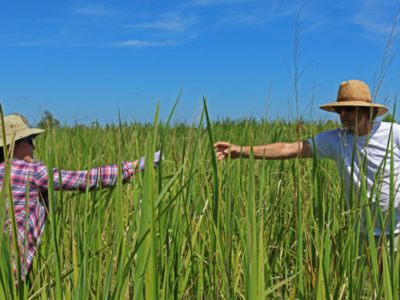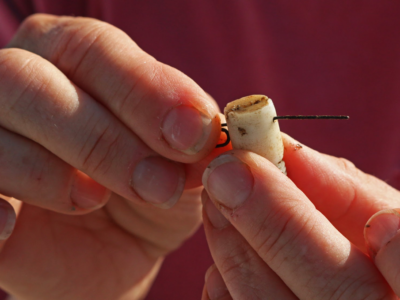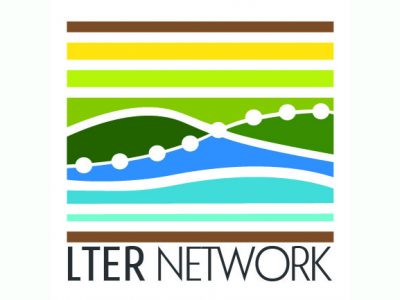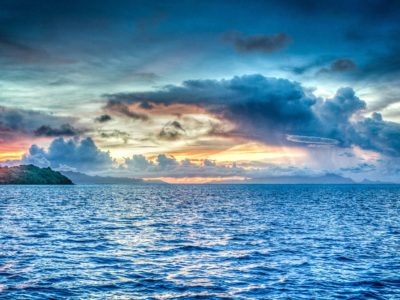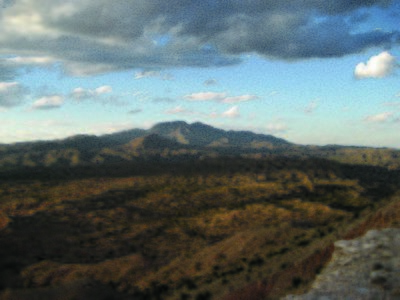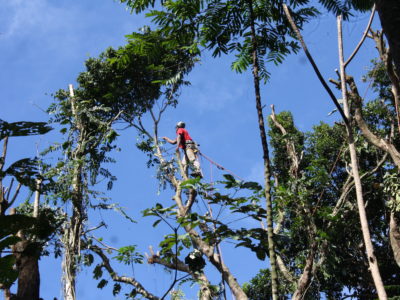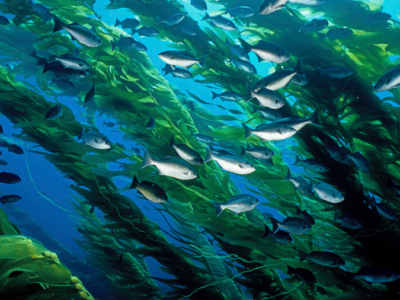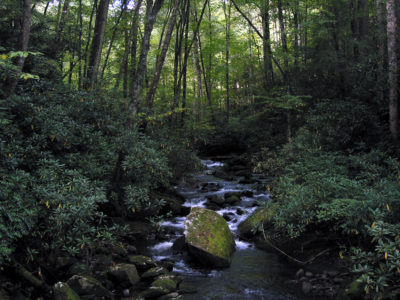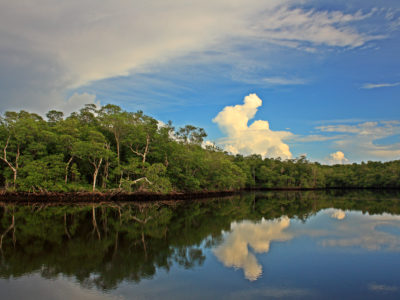LTER Road Trip: Exploring the Eddy Flux Towers
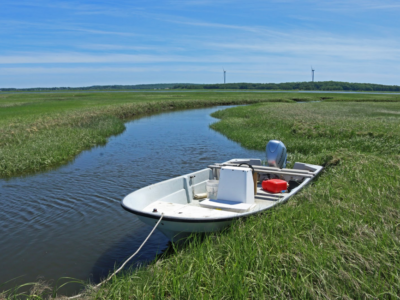
Kelsey piloted the boat up a smaller creek, stopping in front of a wooden-plank boardwalk leading to a tall eddy covariance flux tower. The tower comprises a series of instruments that take regular measurements that provide a comprehensive picture of carbon dioxide exchange, evaporation, and energy exchange in the coastal marsh. Put simply, the flux towers record the very breathing of the marsh ecosystem.

